1483 Born: Martin Luther, German monk and priest, leader of the Protestant Reformation (d. 1546)
Martin Luther (10 November 1483 – 18 February 1546) was a German professor of theology, composer, priest, monk, and a seminal figure in the Protestant Reformation.
Luther was ordained to the priesthood in 1507. He came to reject several teachings and practices of the Roman Catholic Church; in particular, he disputed the view on indulgences. Luther proposed an academic discussion of the practice and efficacy of indulgences in his Ninety-five Theses of 1517. His refusal to renounce all of his writings at the demand of Pope Leo X in 1520 and the Holy Roman Emperor Charles V at the Diet of Worms in 1521 resulted in his excommunication by the pope and condemnation as an outlaw by the Holy Roman Emperor.
Luther taught that salvation and, consequently, eternal life are not earned by good deeds but are received only as the free gift of God's grace through the believer's faith in Jesus Christ as redeemer from sin. His theology challenged the authority and office of the Pope by teaching that the Bible is the only source of divinely revealed knowledge, and opposed sacerdotalism by considering all baptized Christians to be a holy priesthood. Those who identify with these, and all of Luther's wider teachings, are called Lutherans, though Luther insisted on Christian or Evangelical (German: evangelisch) as the only acceptable names for individuals who professed Christ.
His translation of the Bible into the German vernacular (instead of Latin) made it more accessible to the laity, an event that had a tremendous impact on both the church and German culture. It fostered the development of a standard version of the German language, added several principles to the art of translation, and influenced the writing of an English translation, the Tyndale Bible. His hymns influenced the development of singing in Protestant churches. His marriage to Katharina von Bora, a former nun, set a model for the practice of clerical marriage, allowing Protestant clergy to marry.
In two of his later works, Luther expressed antagonistic views towards Jews. His rhetoric was not directed at Jews alone, but also towards Roman Catholics, Anabaptists, and nontrinitarian Christians. Luther died in 1546 with Pope Leo X's excommunication still effective.
Stamps from several countries depicting Martin Luther
1938 Died: Mustafa Kemal Atatürk (official birthday), Turkish field marshal and statesman, 1st President of Turkey (b. 1881)
Kemal Atatürk (or alternatively written as Kamâl Atatürk, Mustafa Kemal Pasha until 1934, commonly referred to as Mustafa Kemal Atatürk; c. 1881 – 10 November 1938) was a Turkish field marshal, revolutionary statesman, author, and the founding father of the Republic of Turkey, serving as its first president from 1923 until his death in 1938. He undertook sweeping progressive reforms, which modernized Turkey into a secular, industrial nation. Ideologically a secularist and nationalist, his policies and theories became known as Kemalism. Due to his military and political accomplishments, Atatürk is regarded as one of the most important political leaders of the 20th century.
Atatürk came to prominence for his role in securing the Ottoman Turkish victory at the Battle of Gallipoli (1915) during World War I. Following the defeat and dissolution of the Ottoman Empire, he led the Turkish National Movement, which resisted mainland Turkey's partition among the victorious Allied powers. Establishing a provisional government in the present-day Turkish capital Ankara (known in English at the time as Angora), he defeated the forces sent by the Allies, thus emerging victorious from what was later referred to as the Turkish War of Independence. He subsequently proceeded to abolish the decrepit Ottoman Empire and proclaimed the foundation of the Turkish Republic in its place.
As the president of the newly formed Turkish Republic, Atatürk initiated a rigorous program of political, economic, and cultural reforms with the ultimate aim of building a modern, progressive and secular nation-state. He made primary education free and compulsory, opening thousands of new schools all over the country. He also introduced the Latin-based Turkish alphabet, replacing the old Ottoman Turkish alphabet. Turkish women received equal civil and political rights during Atatürk's presidency. In particular, women were given voting rights in local elections by Act no. 1580 on 3 April 1930 and a few years later, in 1934, full universal suffrage.
His government carried out a policy of Turkification, trying to create a homogeneous and unified nation. Under Atatürk, non-Turkish minorities were pressured to speak Turkish in public; non-Turkish toponyms and last names of minorities had to be changed to Turkish renditions. The Turkish Parliament granted him the surname Atatürk in 1934, which means "Father of the Turks", in recognition of the role he played in building the modern Turkish Republic. He died on 10 November 1938 at Dolmabahçe Palace in Istanbul, at the age of 57; he was succeeded as President by his long-time Prime Minister İsmet İnönü and was honored with a state funeral. His iconic mausoleum in Ankara, built and opened in 1953, is surrounded by a park called the Peace Park in honor of his famous expression "Peace at Home, Peace in the World".
In 1981, the centennial of Atatürk's birth, his memory was honored by the United Nations and UNESCO, which declared it The Atatürk Year in the World and adopted the Resolution on the Atatürk Centennial, describing him as "the leader of the first struggle given against colonialism and imperialism" and a "remarkable promoter of the sense of understanding between peoples and durable peace between the nations of the world and that he worked all his life for the development of harmony and cooperation between peoples without distinction". Atatürk is commemorated by many memorials and places named in his honor in Turkey and throughout the world.
Turkish stamps depicting Mustafa Kemal Atatürk
Leonid Ilyich Brezhnev (19 December 1906 – 10 November 1982) was a Soviet politician. The fifth leader of the Soviet Union, he served as General Secretary of the Central Committee of the governing Communist Party of the Soviet Union (CPSU) from 1964 until his death in 1982. His 18-year term as general secretary was second only to Joseph Stalin's in duration. While Brezhnev's rule was characterized by political stability and notable foreign policy successes, it was also marked by corruption, inefficiency, and rapidly growing technological gaps with the West.
Brezhnev's conservative, pragmatic approach to leadership significantly stabilized the position of the Soviet Union and its ruling party. Whereas Khrushchev routinely disregarded the rest of the Politburo while exercising his authority, Brezhnev was careful to minimize dissent among the Party membership by reaching decisions through consensus. Additionally, while pushing for détente between the two Cold War superpowers, he achieved Soviet nuclear parity with the United States and legitimized his country's hegemony over Eastern Europe. Furthermore, the massive arms buildup and widespread military interventionism under Brezhnev's regime significantly expanded the Soviet Union's global influence (particularly in the Middle East and Africa).
Conversely, Brezhnev's hostility to political reform ushered in an era of societal decline known as the Brezhnev Stagnation. In addition to pervasive corruption and falling economic growth, this period was characterized by an increasing technological gap between the Soviet Union and the West. Upon coming to power in 1985, Mikhail Gorbachev denounced Brezhnev's government for its pervasive inefficiency and inflexibility before implementing policies to liberalize the Soviet Union.
After 1975, Brezhnev's health rapidly deteriorated and he increasingly withdrew from international affairs. Following years of declining health, he died on 10 November 1982 and was succeeded as general secretary by Yuri Andropov.
Stamps from Russia and East Germany depicting Leonid Brezhnev
1989 – Germans begin to tear down the Berlin Wall.
The Berlin Wall (German: Berliner Mauer) was a guarded concrete barrier that physically and ideologically divided Berlin from 1961 to 1989. Construction of the Wall was commenced by the German Democratic Republic (GDR, East Germany) on 13 August 1961. The Wall cut off West Berlin from surrounding East Germany, including East Berlin. The barrier included guard towers placed along large concrete walls, accompanied by a wide area (later known as the "death strip") that contained anti-vehicle trenches, "fakir beds" and other defenses. The Eastern Bloc portrayed the Wall as protecting its population from fascist elements conspiring to prevent the "will of the people" in building a socialist state in East Germany.
In 1989, a series of revolutions in nearby Eastern Bloc countries – in Poland and Hungary in particular – caused a chain reaction in East Germany that ultimately resulted in the demise of the Wall. After several weeks of civil unrest, the East German government announced on 9 November 1989 that all GDR citizens could visit West Germany and West Berlin. Crowds of East Germans crossed and climbed onto the Wall, joined by West Germans on the other side in a celebratory atmosphere. Over the next few weeks, euphoric people and souvenir hunters chipped away parts of the Wall. The Brandenburg Gate in the Berlin Wall was opened on 22 December 1989. The demolition of the Wall officially began on 13 June 1990 and was completed in November 1991. The "fall of the Berlin Wall" paved the way for German reunification, which formally took place on 3 October 1990

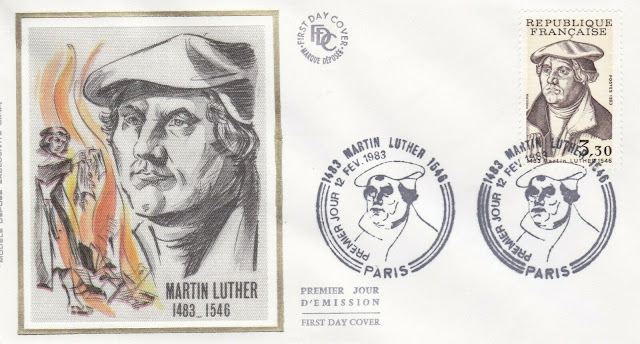
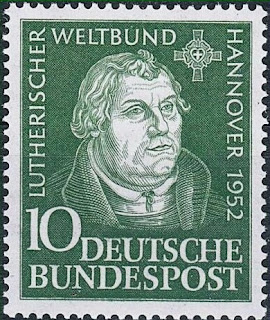

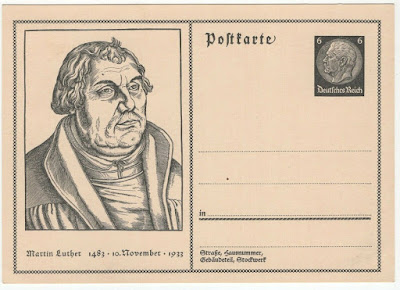


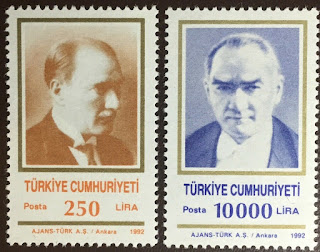



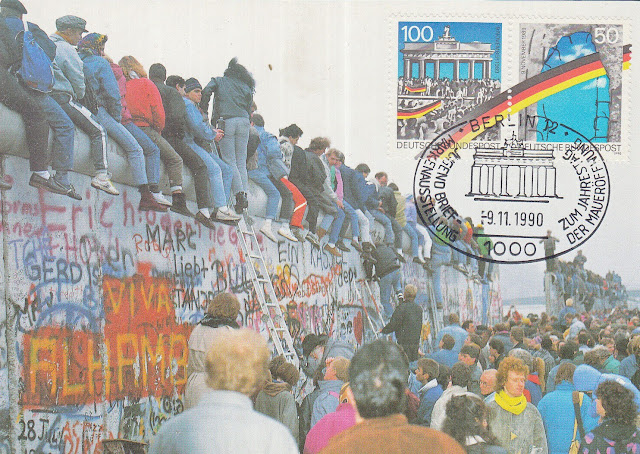

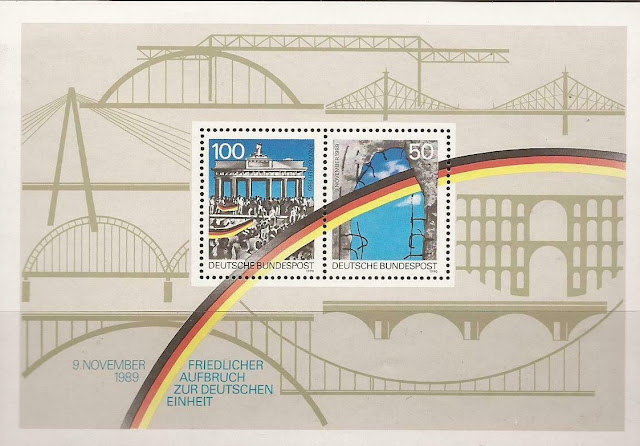
No comments:
Post a Comment